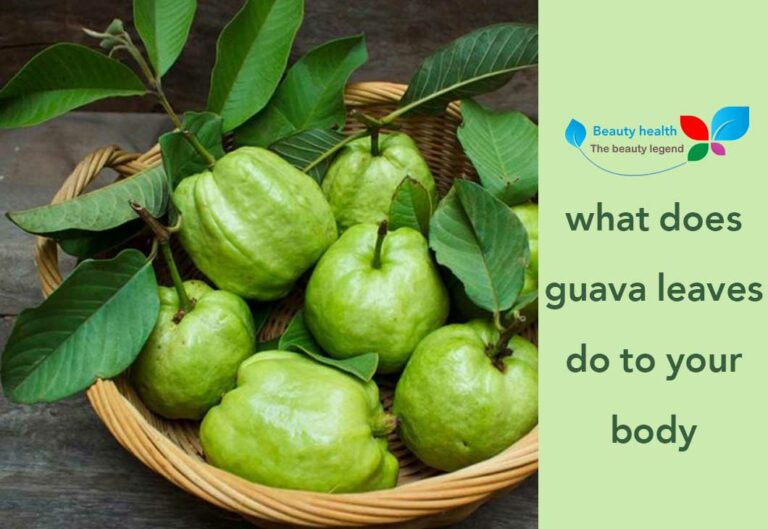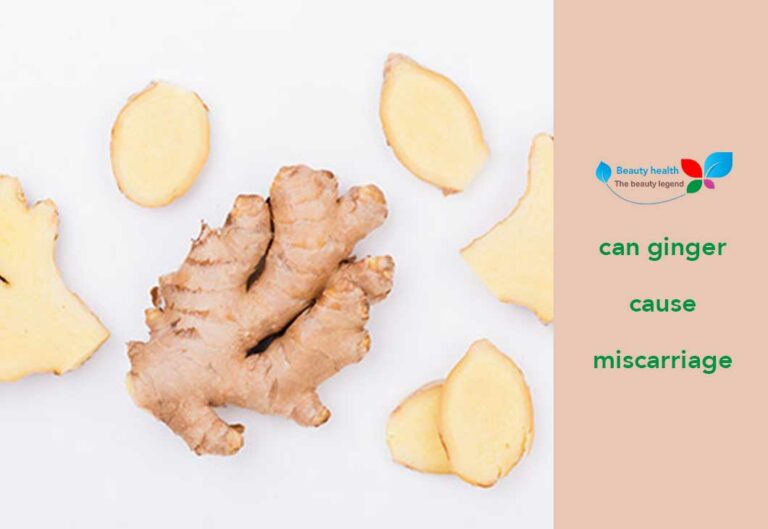benefits of moringa leaves
benefits of moringa leaves
benefits of moringa leaves | What are the benefits of moringa leaves? What are the benefits of moringa leaves? How are Moringa leaves used? What are the harms of using moringa leaves? What are the benefits of moringa seeds?
What is the moringa tree?
- Moringa (moringa oleifera) is an Indian tree that has been used in folk medicine for thousands of years.
- The leaves, pods and seeds of the Moringa tree are rich in antioxidants, amino acids, vitamins and minerals.
- Moringa leaf powder is a complete protein that contains all nine essential amino acids that the body needs.
What are the elements contained in Moringa leaves?
Moringa contains many elements with high benefits and many healthy compounds, such as:
- Vitamin A, thiamine or vitamin B1, riboflavin or vitamin B2, vitamin B6, niacin or vitamin B3, and folic acid.
- It also contains vitamin C or ascorbic acid, calcium, potassium, iron, magnesium, phosphorous, zinc, and carbohydrates.
- It also contains a very low percentage of fat, and does not contain harmful low-density cholesterol.
What are the benefits of moringa leaves?
The benefits of moringa for the body include:
Help treat stomach disorders:
The benefits of moringa leaves are that they help treat stomach problems and disorders:
- Moringa extract helps treat some stomach disorders such as constipation, gastritis, and ulcerative colitis.
- As a result, it contains a high amount of B vitamins that aid digestion.
- In addition to its anti-bacterial and anti-fungal properties that help maintain the balance of beneficial bacteria in the digestive system.
Maintaining nerve health:
Among the benefits of moringa leaves for maintaining nerve health:
- The Moringa tree contributes to maintaining nerve health and cognitive abilities due to its antioxidant properties.
- It also contains vitamin C and vitamin E, which reduces nerve damage caused by oxidative stress.
- The extract of the plant can also regulate the levels of neurotransmitters responsible for mood, memory, and mental health.
Strengthens and maintains bone health:
The benefits of moringa leaves are numerous, including strengthening the body:
- Moringa is a good source of calcium, phosphorous, and magnesium, which the body needs in order to maintain bone health.
- Moringa also contains the amino acid lysine, which helps with calcium absorption.
- The flavonoids present in Moringa also contribute to the prevention of osteoporosis because they stimulate the cells that build bones.
- Moringa also helps the joints get rid of the pain associated with arthritis due to its anti-inflammatory properties.
Maintaining healthy skin:
- Moringa contains a high percentage of antioxidants in addition to containing a variety of vitamins.
- This contributes to enhancing the skin’s softness, moisture, and texture, and may protect the skin from environmental damage and sunlight.
- Applying moringa oil to the skin helps to tighten it, absorb oils and dirt, and kill bacteria or viruses in the skin.
- It also contributes to the treatment of acne and warts, and the continuous use of Moringa oil helps restore the natural balance of skin moisture.
- Moringa also speeds up the treatment and healing of wounds and reduces inflammation and infection.
How are Moringa leaves used?
- All parts of the Moringa tree can be eaten, but the most used parts are the seeds, oils, leaves and moringa powder.
- Some also resort to cooking Moringa because cooking it reduces the content of phytate compounds.
- Where phytate compounds hinder the body from benefiting from other nutrients.
Moringa forms on the market:
Moringa is also available in the market in one of the following forms:
Moringa powder:
- It consists of finely ground leaves, and has a bitter taste that may tend to be slightly sweet.
- It also contains a high percentage of plant compounds, proteins, calcium, beta-carotene, and vitamin C.
- The powder is added to juices or milk by 2-6 grams.
- It helps to increase the absorption of some minerals and amino acids.
Moringa capsules:
- The capsules contain leaf powder or its extract
Moringa tea:
- It consists of moringa leaves, and may taste like dirt, so some resort to adding cinnamon or aromatic basil to it.
What are the side effects of using moringa leaves?
There are some side effects that are associated with eating Moringa. The phytate and iron compounds in it may cause some problems, especially if the permissible dose is exceeded or if taken without consulting a doctor. Moringa’s side effects include the following:
- Reduction of Blood pressure .
- slow heartbeat
- Uterine contractions and contraception.
- Stomach upset, nausea, vomiting, and constipation.
Moringa may also cause some interactions, including the following:
- Negatively affected the absorption of some nutrients such as proteins as a result of containing nitrates and oxalic acid .
What are the medicines that the use of Moringa contradicts with?
The use of Moringa interferes with some types of medicines, and the following are mentioned for some of them:
Levothyroxine:
- Moringa may affect the body’s absorption of levothyroxine.
- This may reduce its concentration and effectiveness in treating hypothyroidism.
Diabetes medications:
- Moringa has properties that help lower blood sugar levels.
- Therefore, its use with diabetes medications may cause a decrease in blood sugar levels.
Blood pressure lowering drugs:
- Using Moringa with blood pressure lowering medications may lead to a greater drop in blood pressure, which increases the risk of fainting.






